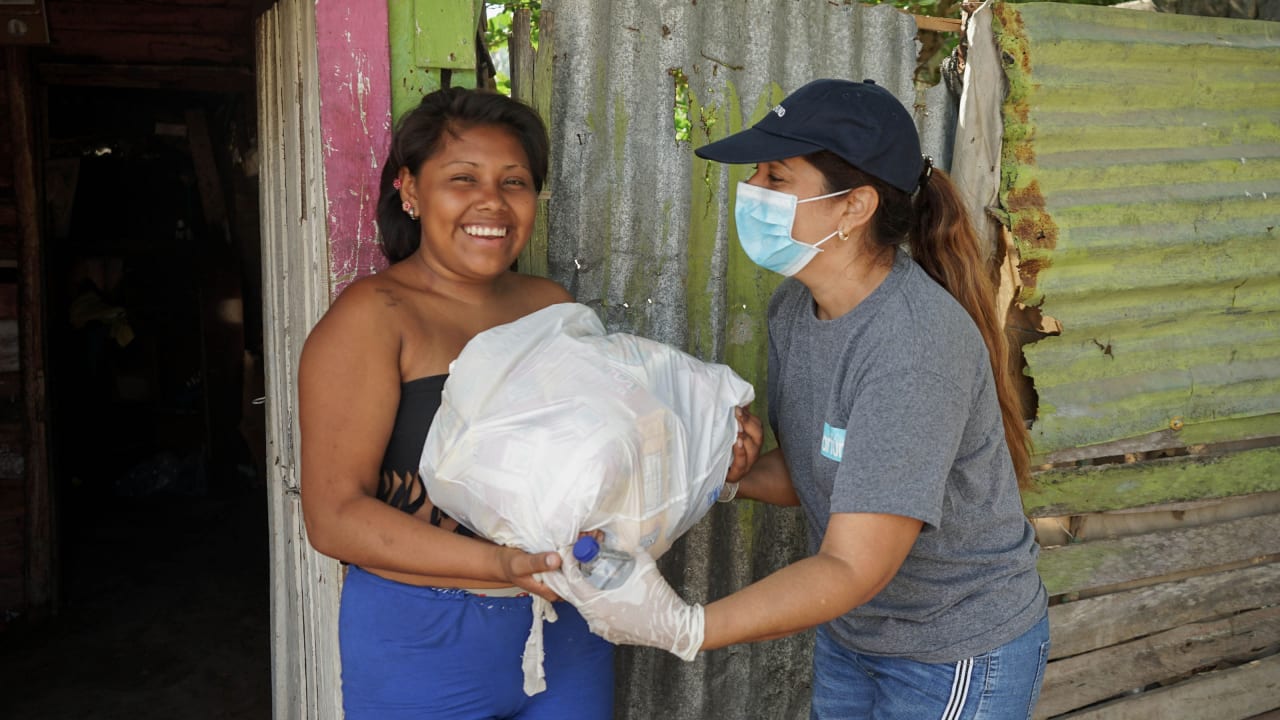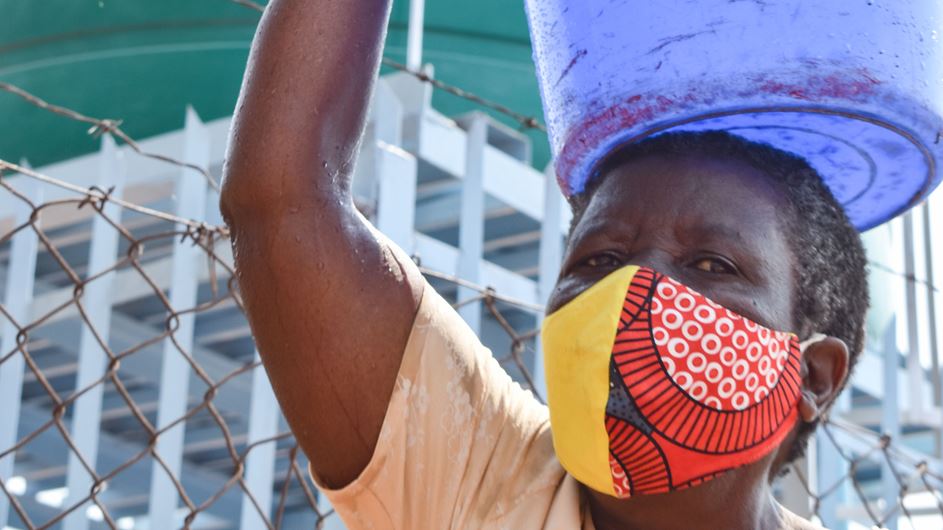Churches have a very important role to play during outbreaks of diseases such as Covid-19. As well as providing hope and practical care, they can promote clear health information and offer a good example.
Here are some practical tips to help churches and church leaders respond well to any public health crisis.
Promote correct information
Provide clear, up-to-date and correct information about the disease, treatment and vaccines that is appropriate to the context and based on scientific advice (eg from the World Health Organization).
Use creative ways to share this information, for example church and community meetings (if permitted), dance, drama, phone calls, social media, community radio, videos and posters.
The messages should include clear guidance on how to reduce the spread of the disease such as handwashing, physical distancing and wearing masks.
Challenge false information
Fear or lack of understanding may result in panic. False accusations might be made against people with the disease, causing stigma and discrimination. There may be a spread of wrong information about the vaccines.
Listen to your community to discover if inaccurate information is circulating, and then speak out and correct it. Try to calm fears and promote positive attitudes and behaviours in a non-judgemental, loving way.
Help church members use the Bible to shape their response to the disease. The Bible shows us that we should not blame those who become unwell. Instead, we are called to bless the people around us, practically, emotionally and spiritually (Hebrews 13:16).
Demonstrate safe behaviours
All church members should lead by example, demonstrating behaviours that have the potential to save lives and prevent the spread of the disease, for example regular handwashing.
Care for the congregation
Church members may be feeling isolated, fearful or sad. Some may be unwell or mourning the loss of loved ones. Others may be struggling financially.
If it is not possible to meet in person, find new ways to help members stay connected so they can support each other. This may include video calls, phone calls or social media groups.
Care for the community
As the body of Christ we are called to love God and love our neighbours (Mark 12:30–31). We should model Jesus' lifestyle during times of crisis, speaking about and living lives of hope, love and care for the people around us.
This may include checking on vulnerable and isolated people to ensure they have enough food and that their other basic needs are being met. We can also speak up on their behalf, making sure that the most vulnerable are not forgotten by policymakers.
Pray for an end to the disease
The church has been given the full armour of God to respond to the brokenness of this world (Ephesians 6:10–20). Jesus understands our fears and worries and asks us to bring them to him in prayer (1 Peter 5:7).











